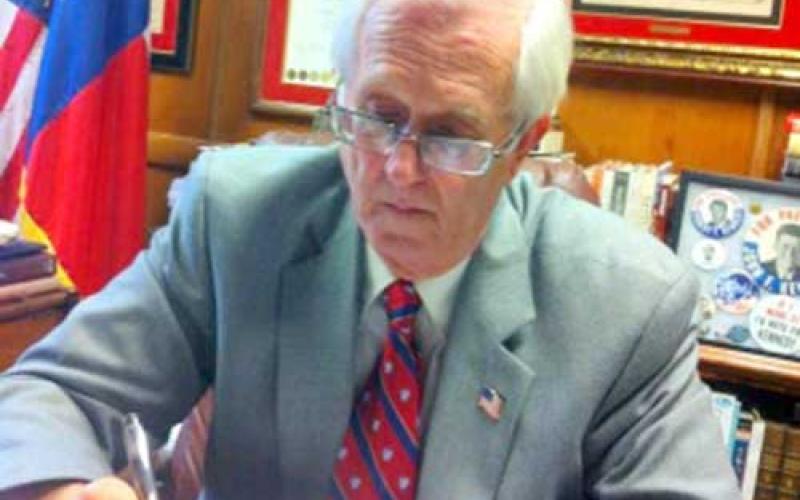Religion, rebellion, reaction, revolution
Once again religion and politics clash and the age old evolution of religious liberty in America is debated.
Religious history is complex for us. The first attempted English settlement in North America (Roanoke Island) vanished. A second settlement (Jamestown, Virginia) was made up NOT of devoutly religious protesters but rather gold hungry ill-prepared adventurers. Whatever relationship they had with God should have become more intense as 80 percent were dead within a year of settlement. A second group of 300 also fell to deaths and malnourishments, and yet, these colonists erected the oldest continuous non-Catholic Christian church in the Americas, beautifully restored today for viewing at Jamestown.
Most Americans seem to feel that Pilgrims and Puritans of 1620 came to establish religious freedom. This myth is disproven by fact. Mayflower carried only third of its passengers as ‘Pilgrim’ or dissenters. Plymouth Colony had NO religious freedom. In order to vote, to marry, or to speak at council/town hall meetings, one had to be a devout Puritan, in good standing with that church and no other, and Jews, Catholics, doubters, or other religious denominations were condemned.
Anne Hutchison, a female who dared to preach, was exiled with her whole family during a raging blizzard. Clearly Puritans had disdain for outspoken ladies who dared assume ‘male authority.’
The great hero of early colonial period, Roger Williams, a radical with crazy ideas of racial and religious toleration was exiled to wilderness, later nicknamed ‘Roger’s Island’ but later in calmer times became Rhode Island).
In the 1680s, Quakers were hanged in Boston and Baptists were jailed, and property confiscated in Virginia as late as 1790s. It was Baptist oppression and punishment that led James Madison to advocate our 1st Amendment ‘freedom of religion.’ Even after the adoption of the Constitution in 1787 and after Bill of Rights in 1791, 10 of 13 states had clear limits on religious freedom – again to vote or participate in public office, you had to be of the correct State church of the time and not Catholic.
Until the victory of rebels in American Revolution, all colonists paid taxes to uphold the Church of England and pay the pastor’s salary/housing. The King of England was head of church and imprisonment would occur for those disobeying the church or the head of the church, the King.
Though 1830’s to 1865’s, religious freedom did not legally exist for African Americans as it was a crime in most states for them to be taught to read or possess books. It is nonetheless the remarkable loving influence of gospel and teachings of Jesus that encouraged forgiveness, love, and human brotherhood.
Quakers, Methodists, Catholics, and Baptists, the key religious groups, opposed slavery and constituted early abolition societies.
History shows that politicians of all stripes will use religion or abuse it for their elevation and power pursuits. Those who lump all religious adherents as heretics, radicals, and dangerous, are blind to diversity, insulting to fact and playing to the emotion of fear. If we don’t have enough faith to love and tolerate others, we will unfortunately have only enough false faith to hate.
- Log in to post comments



